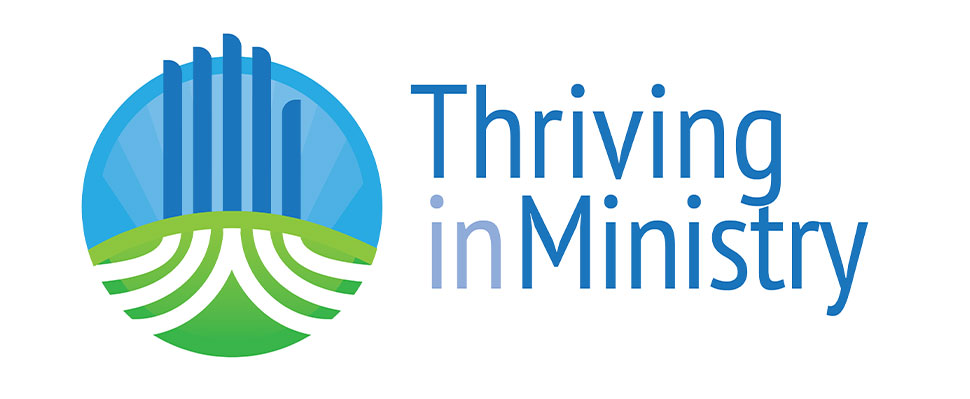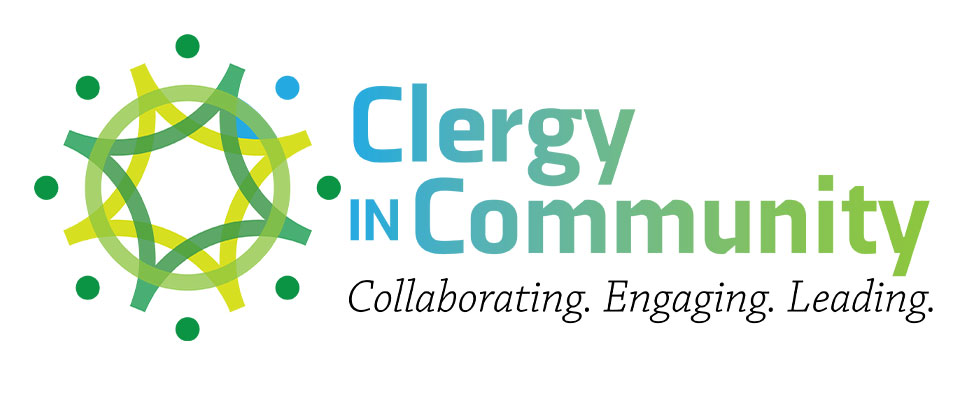
For more information:
Natalie Aho
Program Director of Clergy in Community & Thriving in Ministry
p: 336.758.4416
e: ahon@wfu.edu
Clergy in Community: Civic Religious Leadership
Clergy in Community is made possible by the generous support of the Lilly Endowment Inc.’s Early Career Leadership Development Initiative.
This program will place promising early-career clergy (5-10 years in ministry) serving congregations in cities and towns throughout North Carolina in sustained conversation with the most notable and effective civic and business leaders in the region around key issues facing this area.
Program Leadership
- Natalie Aho, Program Manager for the Baptist Commons, School of Divinity
- Rev. Darnysha Nard, Program Coordinator of Clergy in Community, School of Divinity
- Civic, Business, and Community Leaders throughout North Carolina
Retreat Meetings
- September 19-21: Blowing Rock, NC
- November 14-16: Wilmington, NC
- February 23-24: Winston Salem, NC
- April 17-20: Washington, DC
- May 22-24: Raleigh, NC
Goals and Emphasis
- Civic Engagement
- Community
- Social Justice and Ministry
- Leadership
- Locality
- Collaboration
Cohort Size
- Maximum of 12
The goals of our program are to help participants:
- Cultivate their own knowledge about and awareness of critical issues in their contexts even as they imagine the constructive and transformative roles congregations can play in responding to those issues;
- Build networks of relationship with leaders of business, government, education, health, and social service organizations in order to gather and multiply strengths, avoid duplication of effort, and generate more creative initiatives through collaboration;
- Encourage the congregations they lead to throw their energies into such initiatives as mutual learners with other organizations and faith groups, together advocating for the common good and well-being of their communities;
- Embody practices of adaptive leadership, responding creatively to the rapidly changing circumstances they encounter in congregational and community situations;
- Integrate their work and commitments as pastors with their work and commitments as civic leaders to the mutual benefit of their congregations and the public square.
As a result of participating in this program, we hope that participants will:
- have acquired a new level of competency and expertise about the critical challenges and opportunities in their region and about the role churches can play in responding to those issues;
- have developed connections with civic and business leaders that can lead to continuing collaborative conversations and imagining that will be mutually enhancing for the good of their community;
- have developed a network of clergy peers who share a common vocation of public religious leadership;
- have developed new skills and practices for leading congregations to a greater awareness of regional and global critical issues and of their communal calling to bring values of faith to bear on these issues;
- be better able to articulate the theological groundings for their public leadership and be more confident in their leadership in church and community and have a more integrated understanding of the role of clergy in community leadership.
Thriving in Ministry
Thriving in Ministry is made possible by the generous support of the Lilly Endowment Inc.’s Thriving in Ministry programs.
This program invites clergy to discern and align their gifts, talents, energies, and professional identity in their current work in ministry and with their broader vocational trajectory by sharing wisdom among specific clergy cohorts and sharpening leadership skills through multiple forms of mentoring. The design of this program is to provide community, enhance ministry leadership skills, offer space for renewal and strengthen authentic identity.
Program Leadership
- Dr. Chris Gambill, Director of the Center for Congregational Health
- Rev. Beth Kennett, Consulting and Coaching Ministries Coordinator, Center for Congregational Health
- Natalie Aho, Program Manager for the Baptist Commons, School of Divinity
Goals and Emphasis
- Meaning Ministry
- Discernment
- Vocation
- Leadership
- Spiritual Life
- Mentoring and Coaching
Cohort Size
- 6 participants per cohort, 30 participants total
The goals of our program are:
- To promote meaningful and purposeful ministry by equipping clergy to align their gifts, talents, energies, professional identity, and understanding of vocation with their work, thereby better situating the routine challenges of their profession, including administrative workload, relational demands, and the like;
- To invite clergy into an ongoing process of discernment about how their current work in ministry aligns with an awareness of their broader vocational trajectory, and to consider where that trajectory is leading them in future career stages and what it might mean to transition from one career stage to another;
- To occasion the sharing of wisdom among clergy cohorts representing a range of career stages, from early to late career, about the work of ministry in particular contexts and settings;
- To sharpen a range of leadership skills that promote everyday happiness, resilience, self-integrity, and thriving in ministry, including leadership style assessment and development, leadership in conflict and across lines of difference, asset-based leadership practices, and practices of boundary-making and boundary-keeping, among others;
- To strengthen the spiritual life of clergy through an exploration of the spirituality of the Enneagram; approaches to prayer and meditation, and embodied spirituality, among others;
- To deepen work on the above goals through multiple forms of mentoring consistent with Bloom’s findings on healthy mentoring relationships, including intergenerational peer mentoring and professional coaching, as well as multiple approaches to peer group processing, together offering a variety of what Bloom calls “backstage” and “offstage” opportunities for pastoral formation; and
- To provide opportunities for what Bloom calls “recovery experiences,” i.e., spaces for recreation and constructive detachment from the rigor and routine of ministry work.


